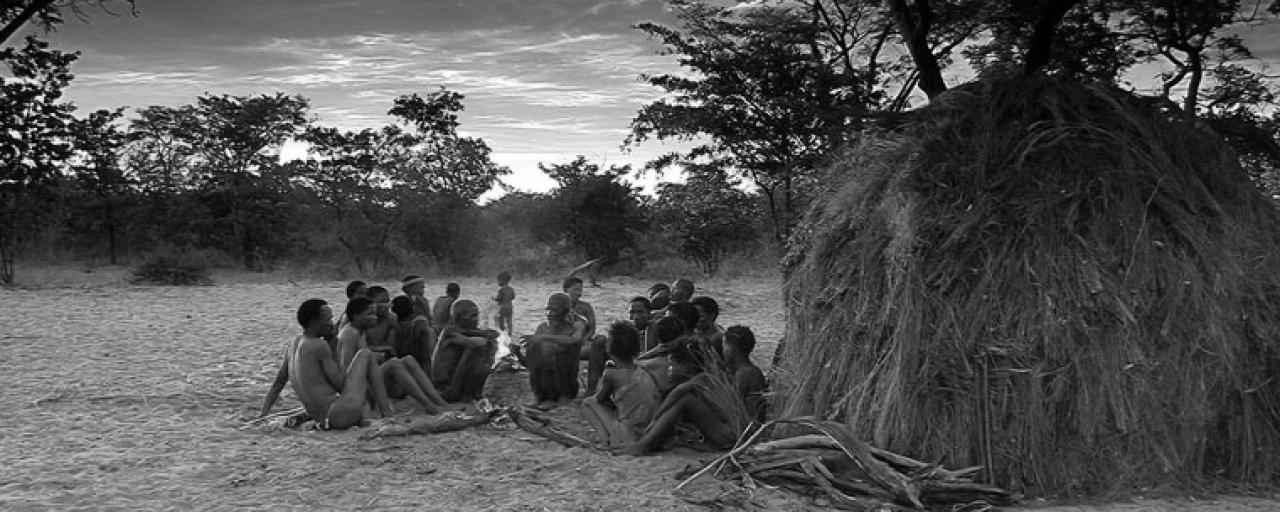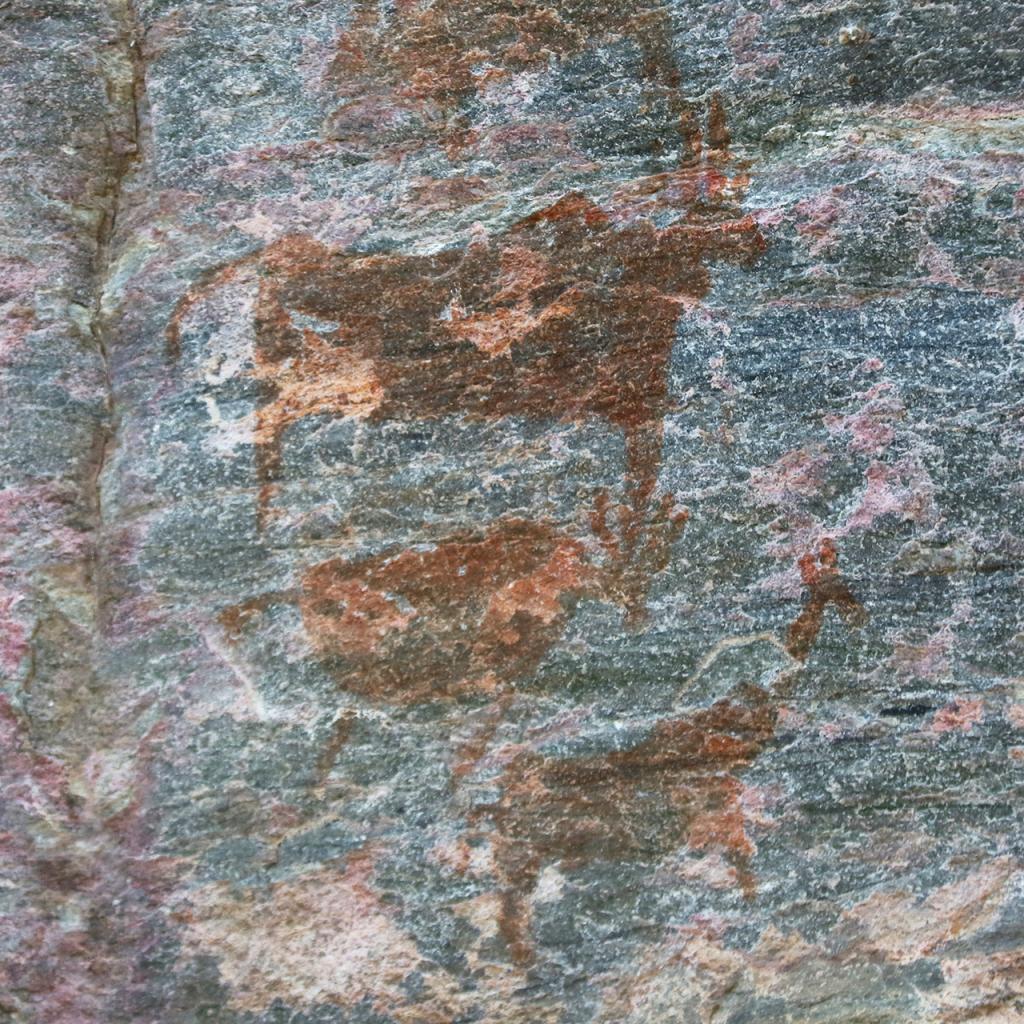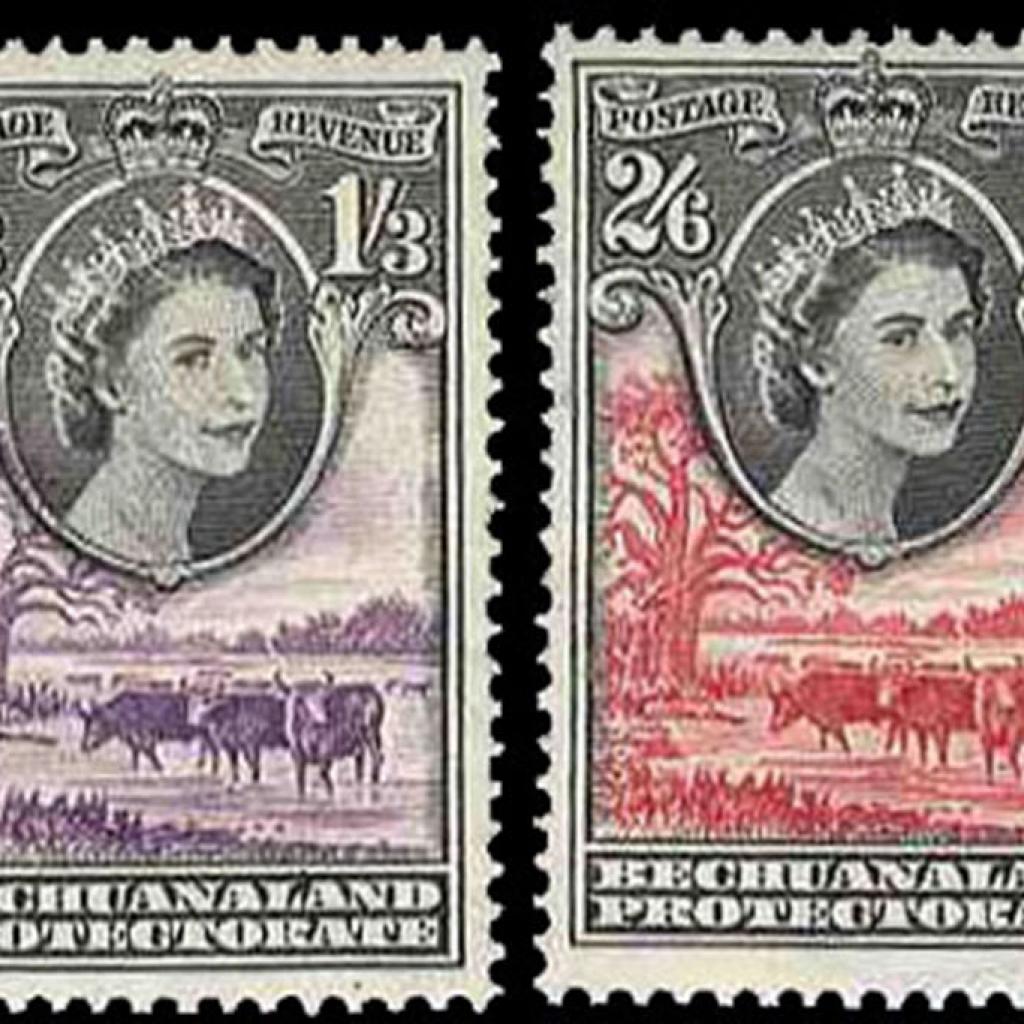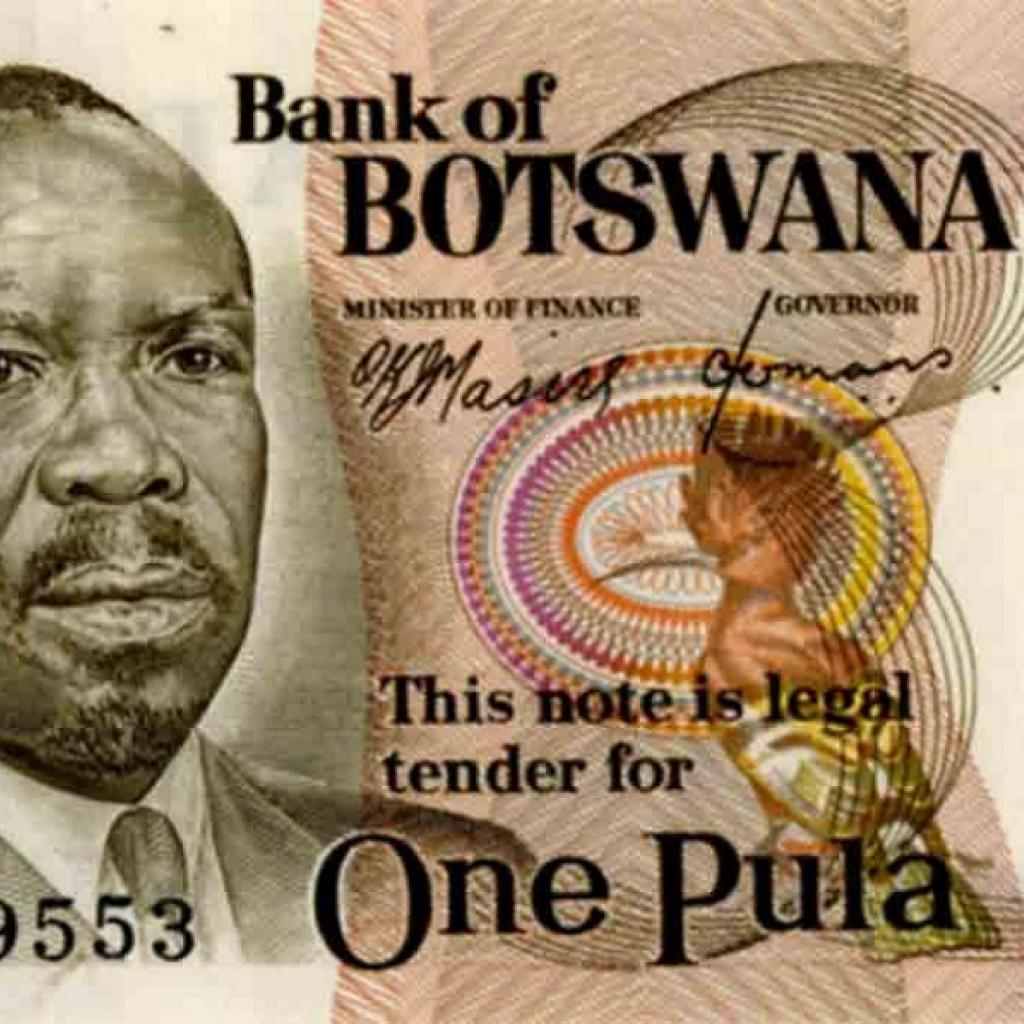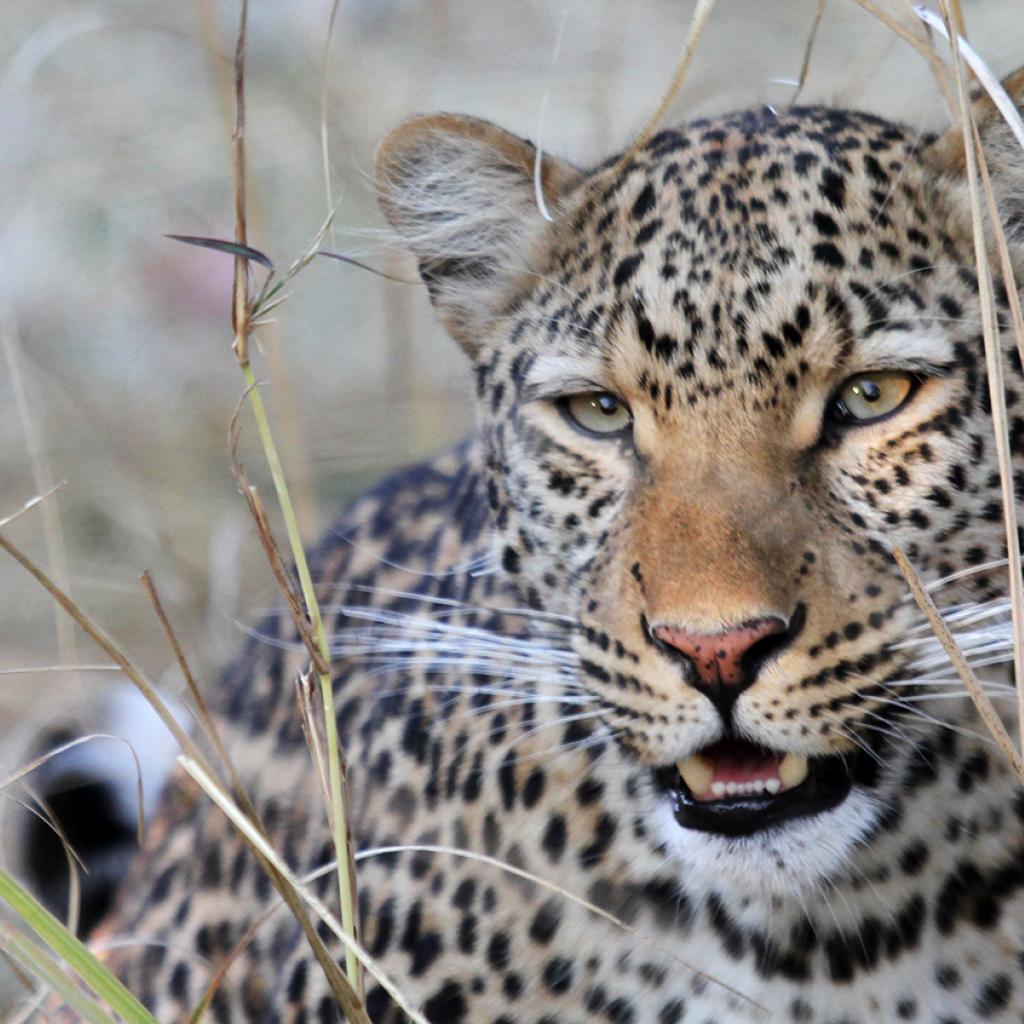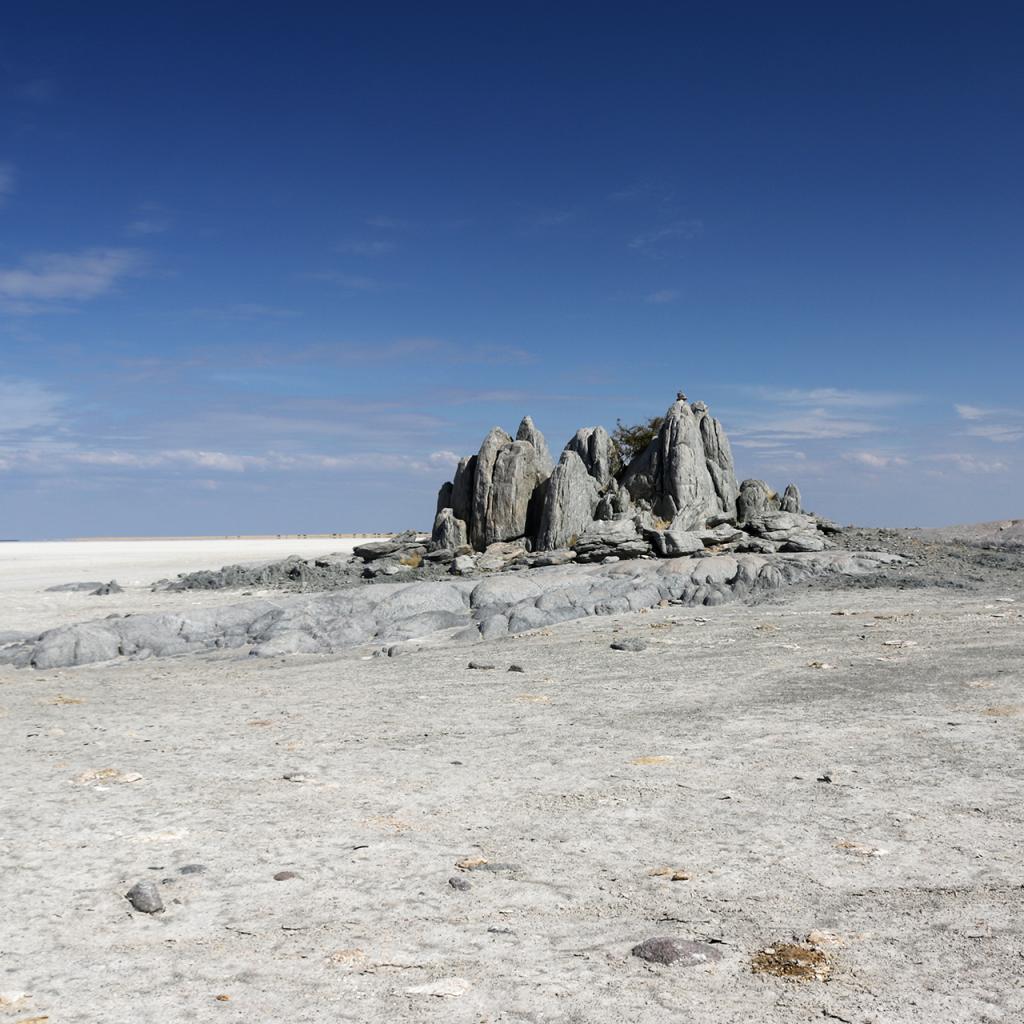For several millennia the first and only inhabitants of Botswana were the Khoi, from whom descend the Nama, and the San, also known as Bushmen, a name derived from English and meaning those who live in the bush.
Only in the 17th century some populations of Bantu origin came to these lands, the latter being stronger and better organized than the Khoi and the San, and thus having the best in the clashes that inevitably resulted of several ethnic groups.
The Khoi and the San took refuge in the remote areas of the country to escape the Bantu who were more aggressive and more evolved; the Tswana, the main ethnicity in the country, are descended from these Bantu populations, who are still subdivided into different clans today.
Before the arrival of the European colonists Khama III, leader of the Mangwato tribe, succeeded in unifying all the other clans under his control, becoming, in fact, a kind of king of Botswana.
From 1885 Botswana assumed the name of Bechuanaland and passed under the control of the English Crown, dividing it into two parts: the British Bechuanaland and the Bechuanaland Protectorate; the first was under South Africa's control, while the latter, along with Swaziland and Lesotho, was administered by the High Commissioner of South Africa.
After independence, obtained in 1966, Seretse Khama was elected as First President, nephew of King Khama III; he ruled until 1980, the year of his death.
Botswana, unlike other African states, never did have episodes of racial intolerance, white and black, in fact, lived and still live in harmony; moreover, in the various phases of its recent history, there were no episodes of violence.
The only exception is the question of the San, who initially were allowed to live in the lands of the Central Kalahari Game Reserve but, following the discovery of diamond deposits in these places, they were forced to move.
The case ended in court, and despite the San won the case, however, they went through forced evictions and intimidation.
The current President of Botswana is Seretse Khama Ian Kama, third president in the country's history, and son of Seretse Khama.


